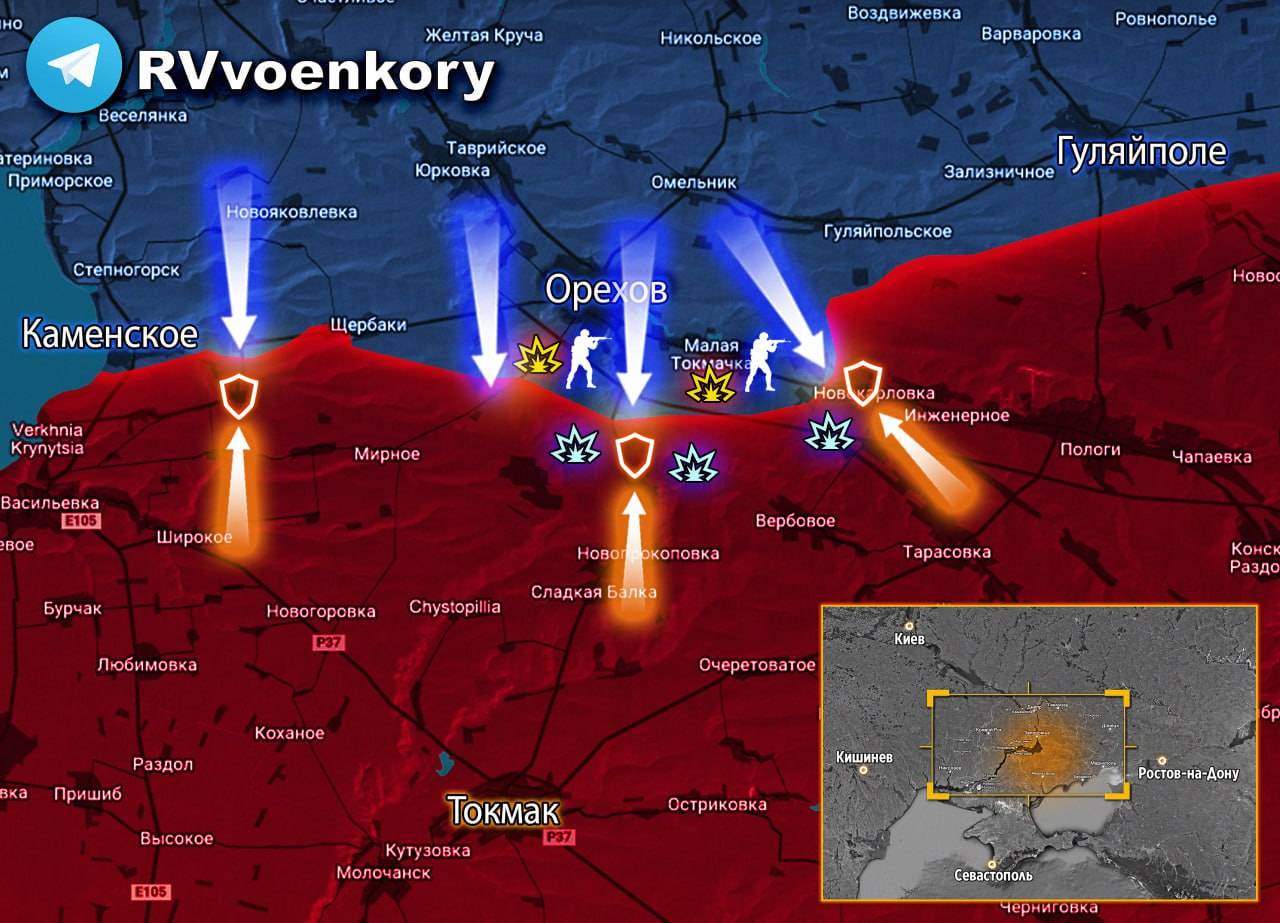The Ukraine war is the single most baffling thing I’ve ever seen in my life, even more baffling than the pandemic. “We have to help Ukraine against Russia” is a reasonable and defensible statement, but virtually every pro-Ukraine person I have encountered is irrational. I could go on at length about how every NATO talking point is absurd, but I’ve already done that many times before. Today I’m going to talk focus specifically on operational risk management.
Operational Risk Management is used by military and corporate organizations (really, anybody can use it) to, as the name implies, manage and reduce the risks of an operation. For example, if you have a group of soldiers going to a weapons qualification range, the unit’s designated safety officer is responsible for developing a safety plan and presenting it to the commander for approval.
The risk management process is a cyclical decision-making cycle, meaning that leaders should continue watching for new or unforeseen risks and adjusting the plan as needed – all the way from the beginning of the operation to the end.
After the first step, identifying risks, designated leaders need to access those risks; figure out the seriousness of a risk and how likely it is to happen. This is done with a risk assessment matrix with x and y axises for the severity and likelihood of a certain risk causing harm.
Using the chart above, a soldier getting heat exhaustion would probably be a medium severity (3) and high likelihood (E) risk. A logical risk control to prevent heat exhaustion would be making everyone take frequent water breaks in the shade.
Operational risk management is supposed to happen at every level of organization, starting with the lowest individual and going all the way up to the generals managing a whole country’s armed forces.
Ukraine is trained to NATO standard, and conducting a risk assessment before any operation is a NATO requirement. Did they do it? If so, it must not have been a very good one. Burning through operational reserves (to include soldiers, vehicles, and ammunition) was a very serious and high likelihood risk. The overall 2023 offensive had so much risk – to include high probability of failure – it shouldn’t have been done in the first place.
But you couldn’teven have that conversation with pro-Ukraine people. They would all scream SO YOU JUST WANT UKRAINE TO ROLL OVER AND LET THE ORKS WIN????? Even in late October they were still arguing with me that the offensive was going as planned. This isn’t just emotion, it’s sentimentality – like a pathological hoarder who fills his house with garbage because he’s psychologically unable to let go of anything. Ukraine supporters are so pathologically attached to their “sovereign Ukraine” it poisons their ability to make even simple rational decisions, like a hoarder who can’t bring himself to throw away an old newspaper.
Over the last few weeks I’ve started being active on Quora, responding to prompts with articles different than what I’ve been posting here. Please give me a follow, thanks!
Ian Kummer

All text in Reading Junkie posts are free to share or republish without permission, and I highly encourage my fellow bloggers to do so. Please be courteous and link back to the original.
I now have a new YouTube channel that I will use to upload videos from my travels around Russia. Expect new content there soon. Please give me a follow here.
Also feel free to connect with me on Quora (I sometimes share unique articles there).



https://ragheadthefiendlyterrorist.files.wordpress.com/2023/12/new-year.jpg